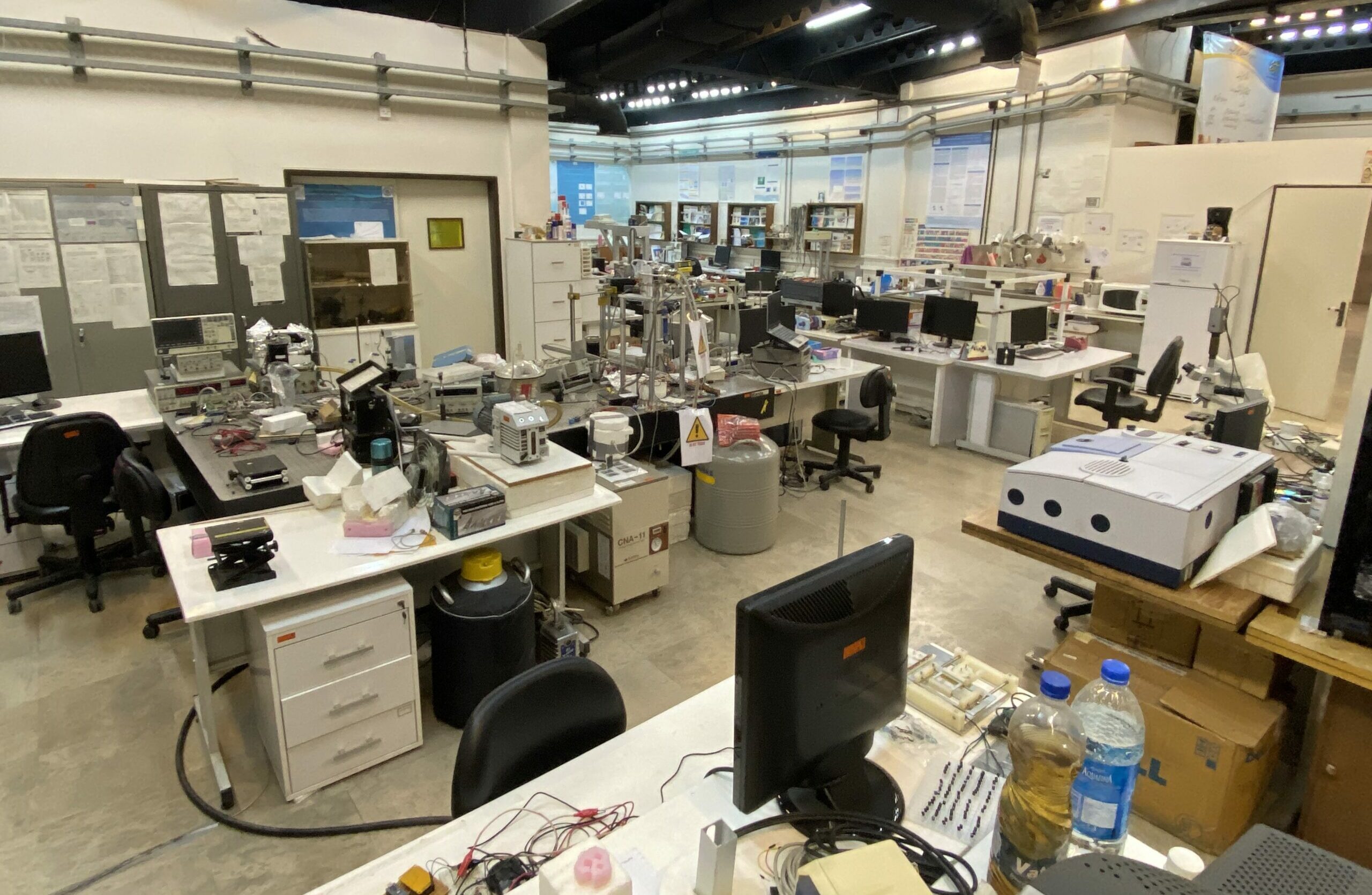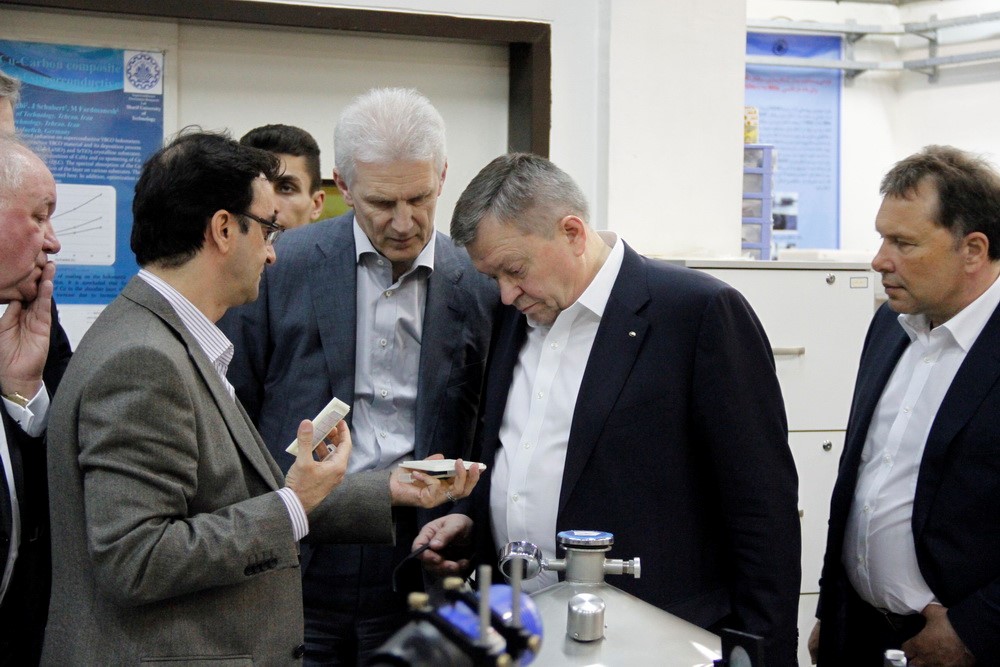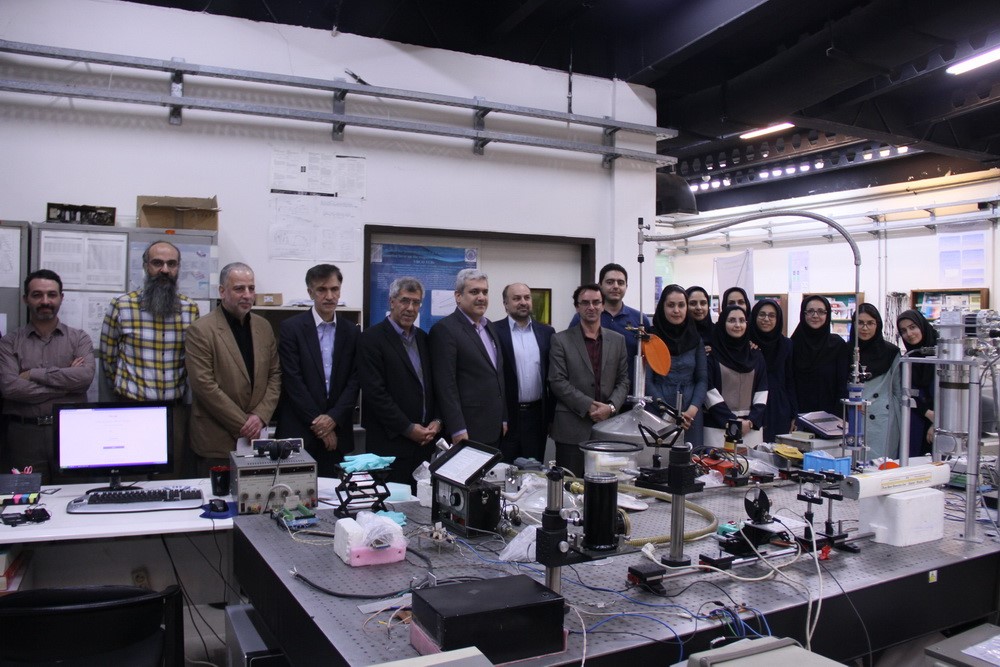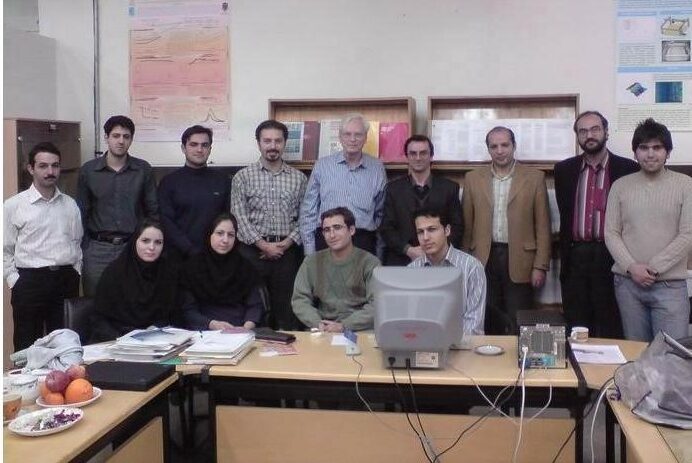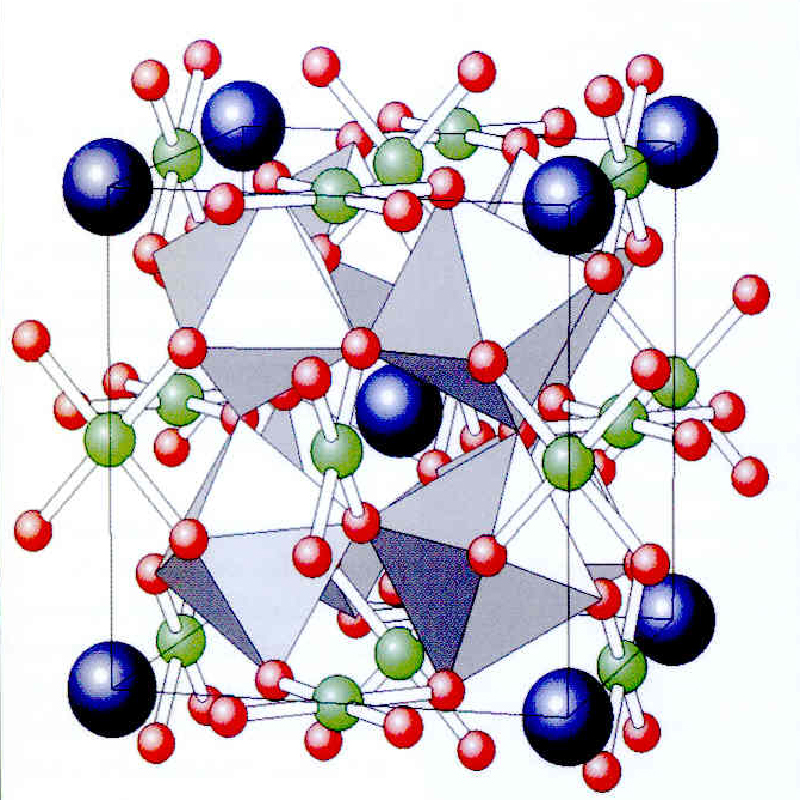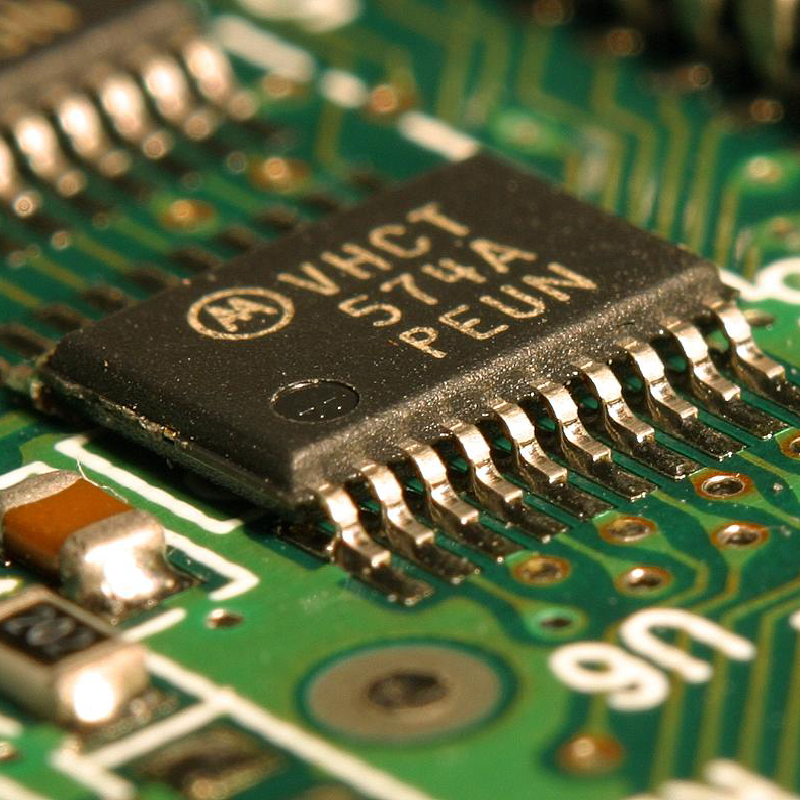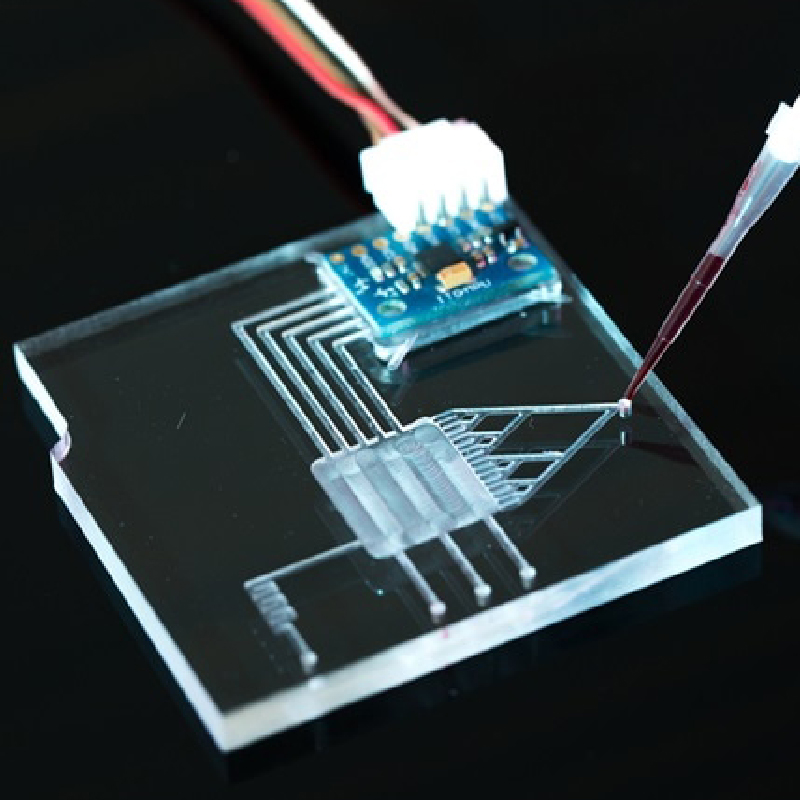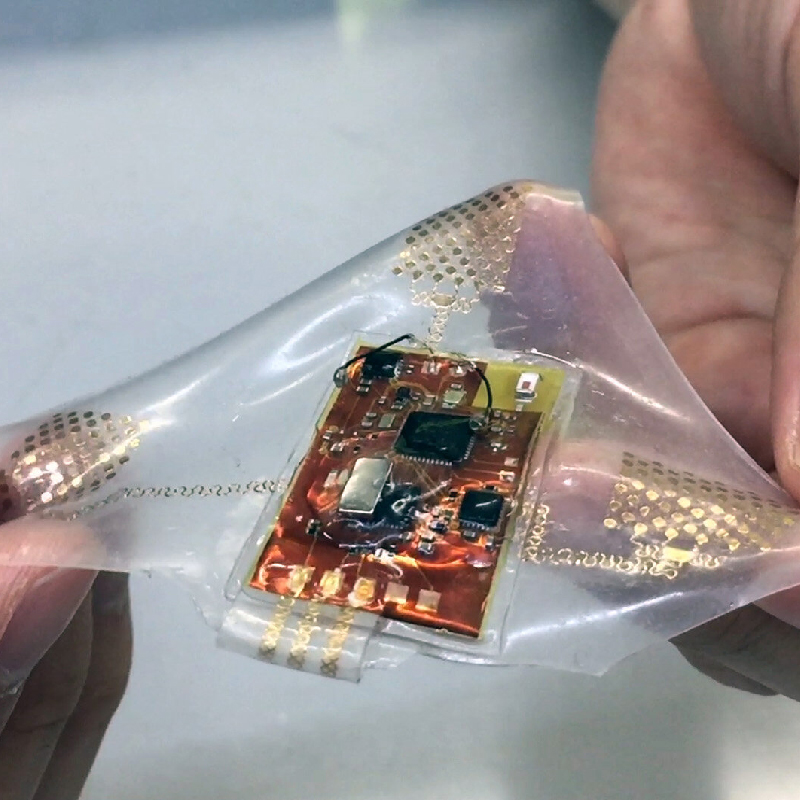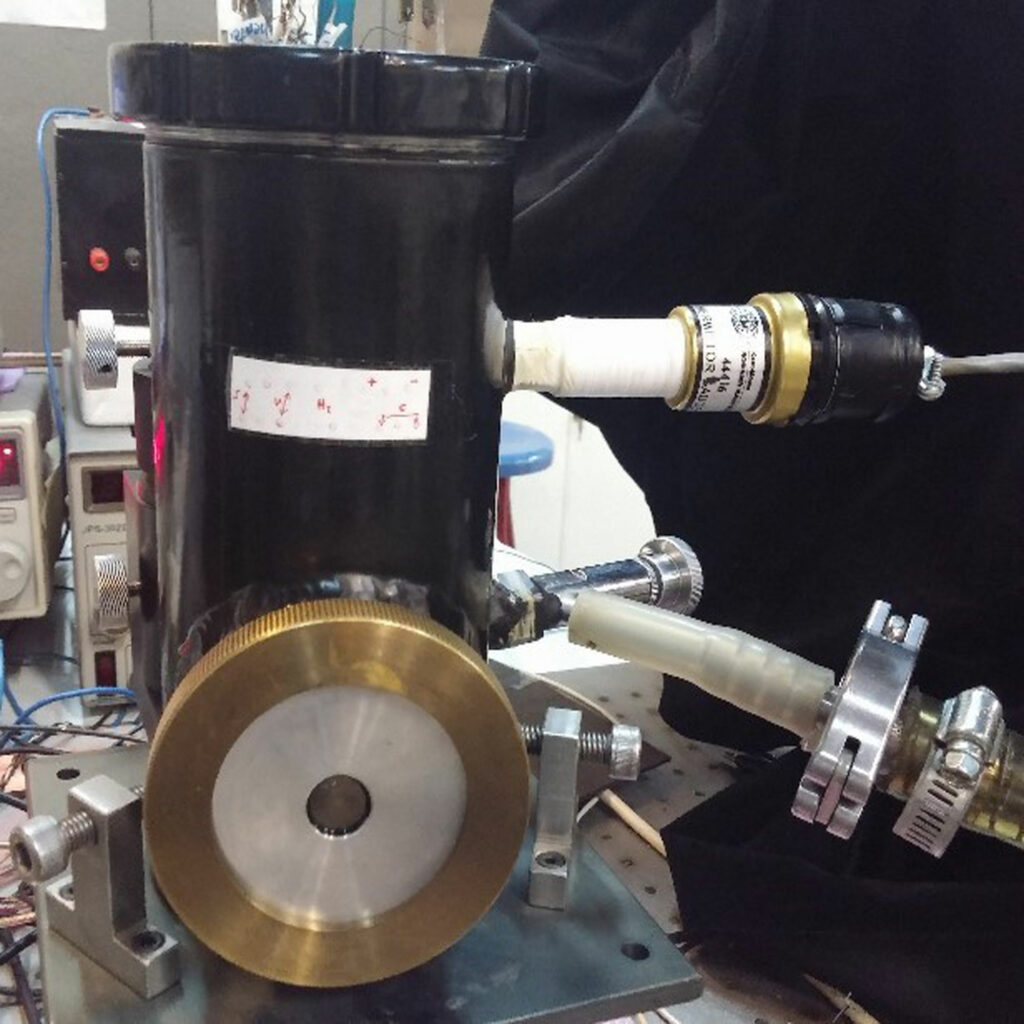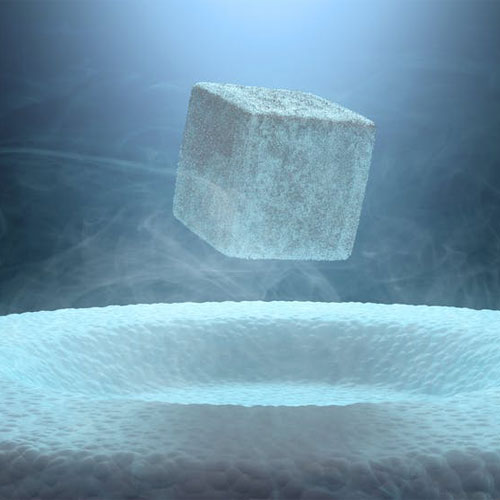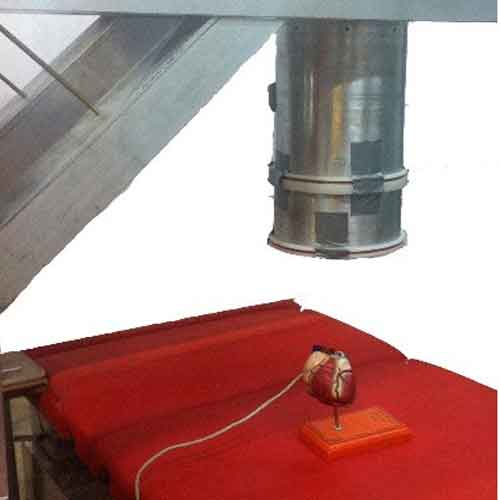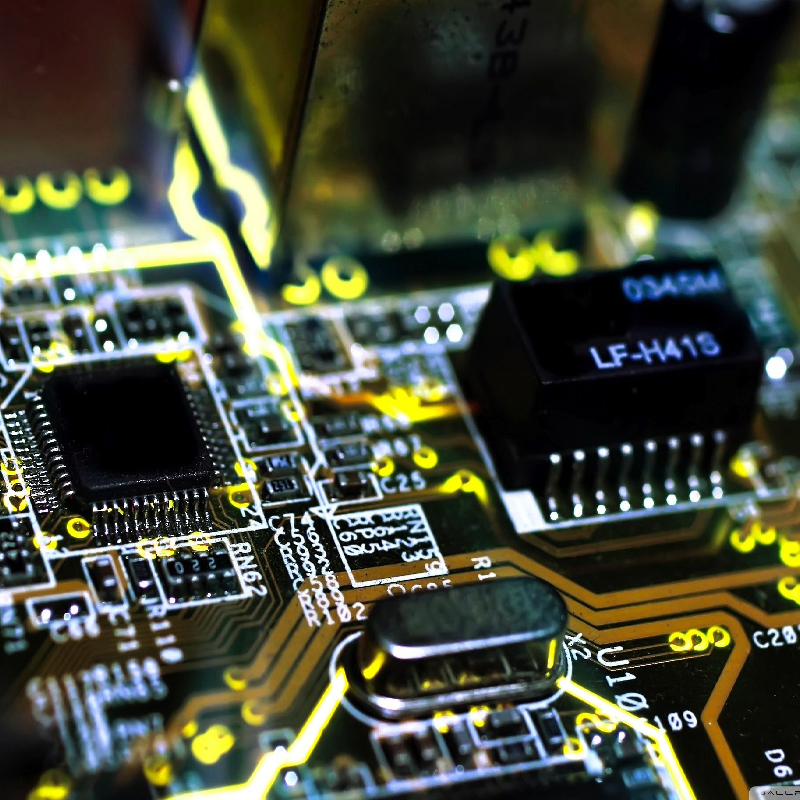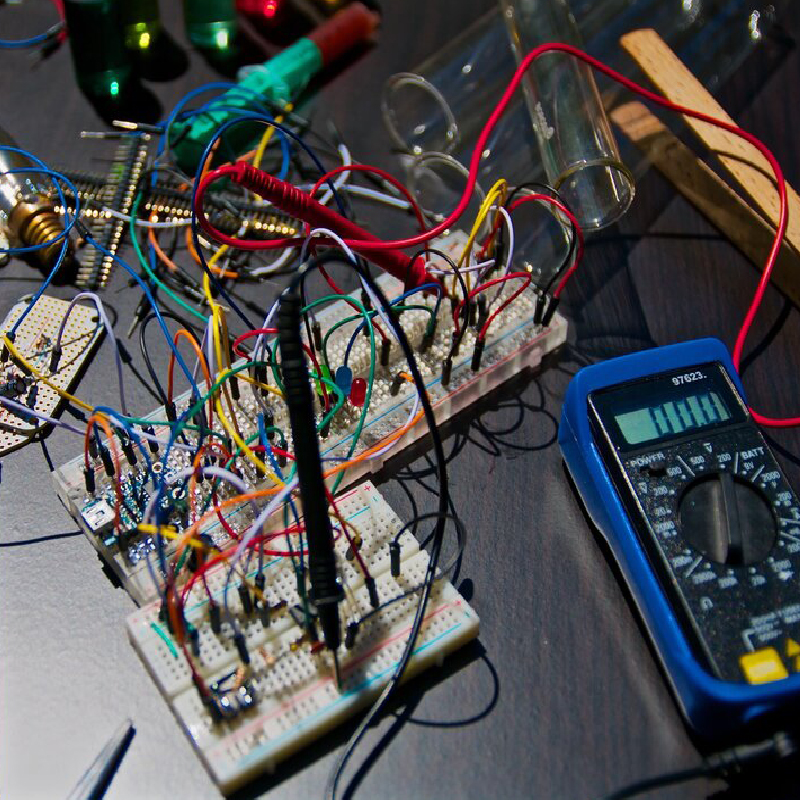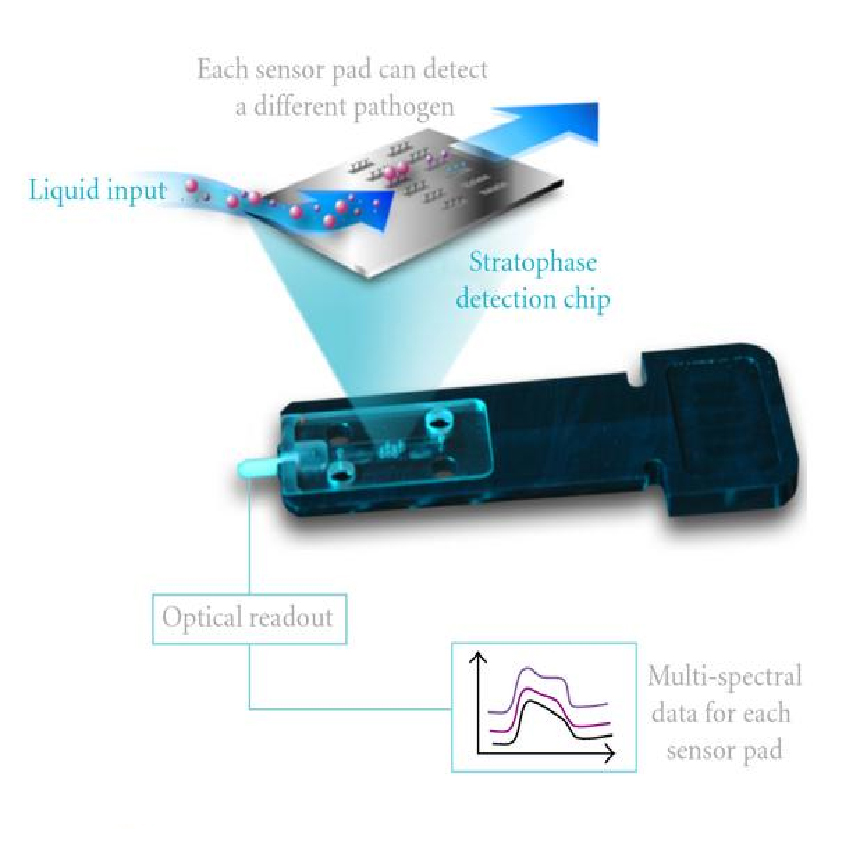Biography
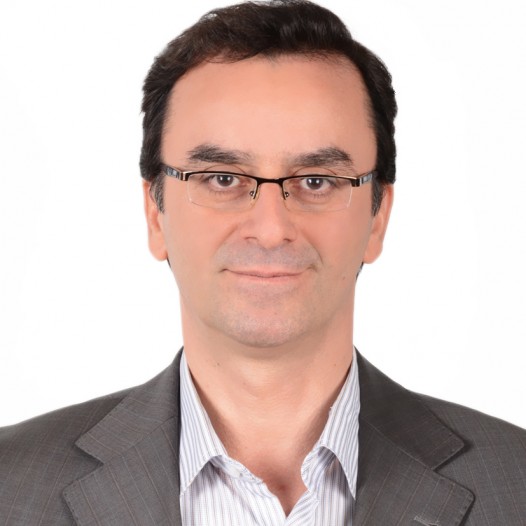
Mehdi Fardmanesh received the B.S. degree in electrical engineering from Amirkabir (Tehran Polytechnic) University, Tehran, Iran, in 1987, and the M.S. and Ph.D. degrees in electrical engineering from Drexel University, Philadelphia, PA, in 1991, and 1993 (degree awarded in 1994), respectively. Until 1993, he conducted research on development of thin- and thick-film high-temperature superconducting materials, devices, and development of ultralow-noise cryogenic characterization systems at Drexel University, where he also taught electronics circuits. From 1994 to 1996, he was the Principal Manager for research and development and the Director of a private-sector research electrophysics laboratory while also teaching in the EE and Physics departments of Sharif University of Technology, in Tehran. In 1996, he joined the EEE Department of Bilkent University, in Ankara, Turkey, teaching in the areas of solid state and electronics while also supervising his established Superconductivity Research Laboratory at Bilkent. In 1998 and 1999, he was invited to ISI-Forschungszentrum Juelich, Juelich, Germany, where he pursued the development of low-noise high-Tc radio frequency superconducting-quantum-interference-device (SQUID)-based magnetic sensors. Following establishing an international collaboration between Bilkent University and Juelich Research Center in Germany, from 2000 to 2004, he was the director of the joint project for the development of high-resolution high-Tc SQUID-based magnetic imaging system (SQUID microscope) for biomedical applications. In 2000, he reestablished his activities with the EE Department of Sharif University, where he is a tenured professor and head of the superconductor electronics Research Laboratory (SERL), which he established in 2003 and he has directed since then.
His research interests have been mainly on the design, fabrication, and modeling of superconductive, semiconducting, and 2D materials based devices and circuits, in the areas of IR-radiation sensors, bolometers, THz detectors and absorbers, microwave devices, Josephson junctions, RSFQ circuits, and SQUID-based systems such as Non-Distructive Evaluation (NDE) and Magneto-Cardiography (MCG). In addition to the research interests in above, he has also been pursuing research in the field of bioelectronics such as works on design and fabrication of micro fluidic chips, “Design of Self Powered Artificial Retina”, “design and development of MicroElectrodeArrays (MEA)”, and “DNA conductivity characterization and analysis” in addition to Bio-thermal and THz imaging using superconductive boloemeters, 2D materials based biosensors and bio-devices. He has more than 100 international conference contributions and is the holder of several international patents in the areas mentioned, and teaches courses in the field of Solid state Physics, and Electronic Devices, Biosensors as well as Electronics and Bio-electronic Circuits nationally and internationally.
Patents
- “Asymmetric Step-Edge Junction rf-SQUID Design.” Germany DE 101 53 705 B4, (Juelich#PT 0.2064-11.10.2000), EP 04 93 258 A2, JP 11-0 40 868. M. Fardmanesh, Juergen Schubert, Marko Banzet.
- “Combinatorial Ion Beam Etching Process for Step-Edge Junction SQUIDs”, Germany, DE 199 54 167 A1 (H01L39/24). (Juelich#PT 0.1958-27.09.2000), M. Fardmanesh, Juergen Schubert, Marko Banzet.
- “Low Noise High-Tc rf-SQUID Bi-Junction Magnetometers & Multi-Junction Gradiometers on Bi-Crystal Substrates,” Germany, # DE 199 02 580 A (G01R33/035) (Juelich#PT 0.1850-11.01.1999). Also USA & European patents. Mehdi Fardmanesh, Juergen Schubert, Knut Bartel.
- “Wedged Substrate rf-SQUID based Single and Multi Channel SQUID Microscope.” Germany, # DE 101 58 096 B4 (Juelich#PT 0.2132-17.07.2001). US 61 18 284 A, US 58 94 220A. Extended USA, Japan, & European patents. M. Fardmanesh, J. Schubert, M. Banzet.
- “Self-shielded multi-layer thin film SQUID gradiometer and magnetometer transformers”, DE 103 52c 856 A1 2005.6.9, US 63 23 654 B1 .Also in progress for European patents.(Juelich#PT 0.2317 st). M. Fardmanesh, R. Akram, J. Schubert, M. Banzet.

Book Chapters
“Response analysis and modeling of high temperature superconductor edge transition bolometers,”
In:
“High Temperature superconductivity 2: Engineering Applications,” Edited by Anant Narlikar, pp. 477-536, Springer Verlag, 2004. (ISBN 3-540-40639-5)
M. Fardmanesh

Main Subjects of the Courses Taught
